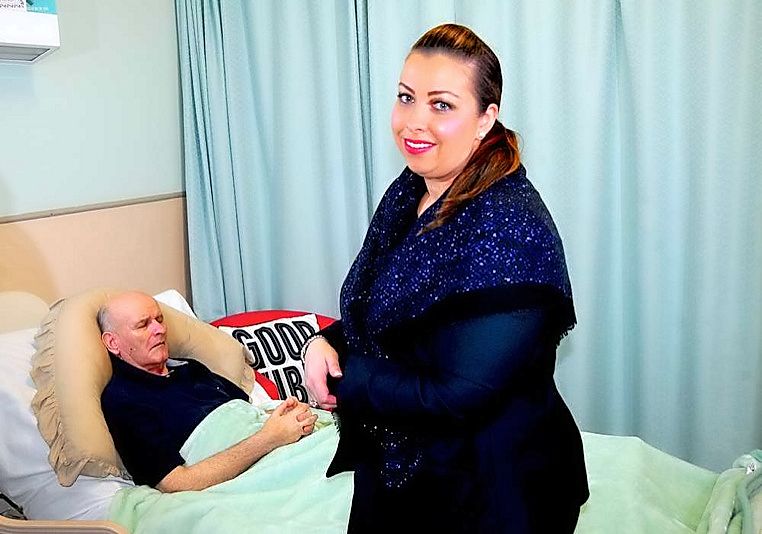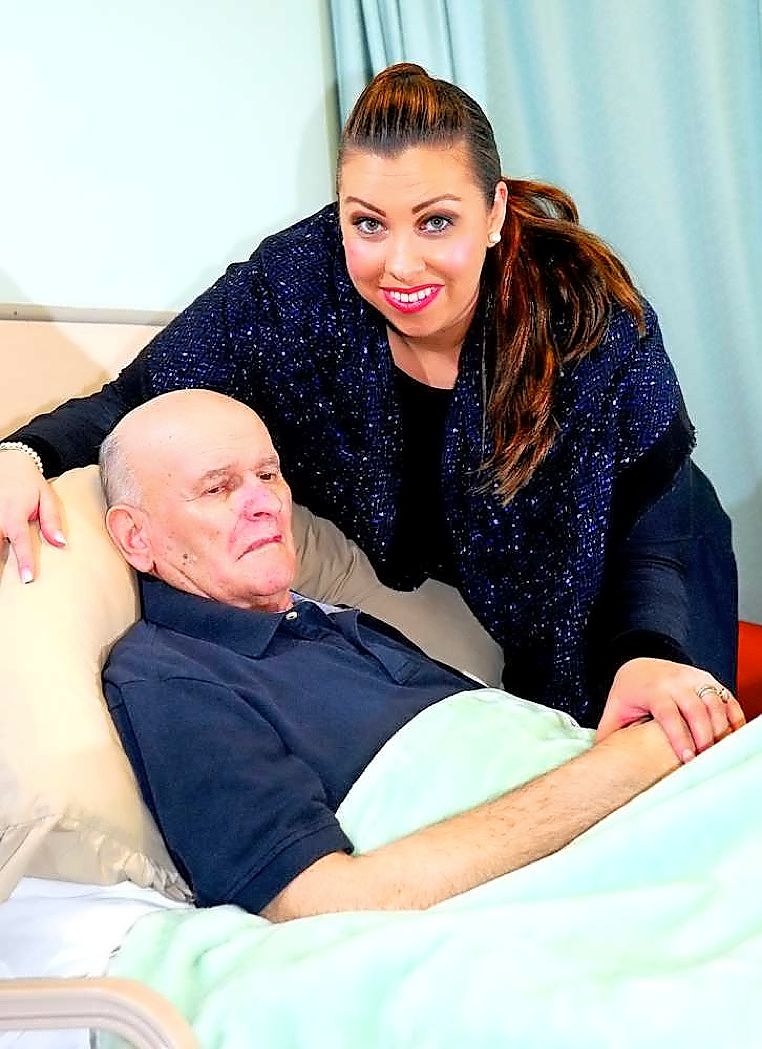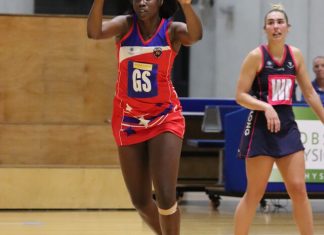On the eve of Father’s Day last year, Rosie Visevic Mamic’s father, Stipe, lay in bed in a catatonic state.
He was “code blue”, doctors’ speak for a medical emergency, and his family had decided the time had come to call in a priest.
But their tears and a heavy cloud of grief that had enveloped the room were lifted by the sound of singing.
“He woke-up singing,” Rosie says. “He had septicaemia. They’d called the priest, but that’s how strong his will to live is,” she says.
Her 78-year-old father’s health has steadily declined since he was diagnosed with Alzheimer’s disease, the most common form of dementia, six years ago.
Rosie says she’s grateful to have her father here still, but the hardest part about having a family member with Alzheimer’s disease is her inability to mourn for the dad she once had.
“I’ve lost my dad, but I can’t grieve because he’s still alive,” the 39-year-old says.
Stipe, 78, has spent the past two and a half months at a Keilor Downs nursing home, where he was moved after suffering a minor stroke at home.
Previously, Rosie’s mother, Jela, was his full-time carer, with help from Rosie and her two brothers, Ante and Peter; they would take turns bathing him and sharing the cooking and cleaning duties.
The Taylors Lakes resident says few people understand dementia.
“Your friends stop coming because no one knows how to deal with it. They don’t know how to approach him. But I’d rather tears than someone not coming at all,” she says.
During Dementia Awareness Month, which is held every September, Alzheimer’s Australia urges people to find out more about the collection of symptoms caused by disorders affecting the brain, broadly known as dementia.
This year’s theme is: You are not alone, and the Alzheimer’s organisation will host a number of events during the month designed to show people that there are support services available for those living with dementia, their families and carers.
Rosie’s advice to others with a family member who has been diagnosed, is to reach out and get help.
National Dementia Helpline 1800 100 500 is a free telephone information and support service available across Australia.









